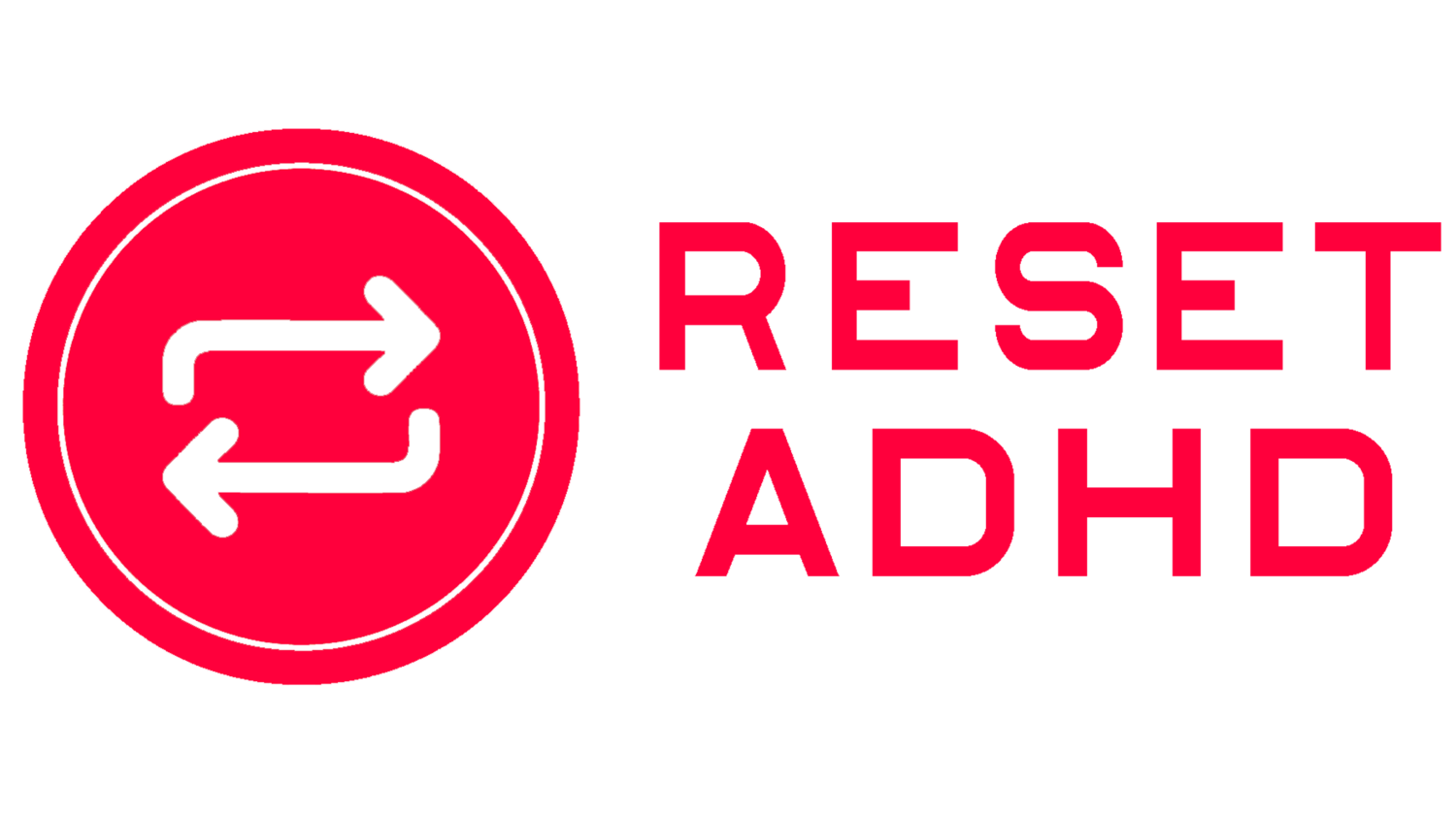12 Benefits of Sleep ADHDers NEED
“Sleep that knits up the raveled sleave of care,
The death of each day’s life, sore labor’s bath,
Balm of hurt minds, great nature’s second course,
Chief nourisher in life’s feast.”
I recently read (okay, listened to the audiobook of) Why We Sleep: Unlocking the Power of Sleep and Dreams by renowned sleep researcher Matthew Walker, PhD. IT. BLEW. MY. MIND. Sleep is crazy important. Because I read that book (okay, listened to that audiobook), I made several changes to my life. My sleep schedule is now quite strict, and I bought a new bed to ensure maximum comfort. In short, I learned that, if you don’t get eight hours of sleep every night, you’re basically screwed. Not getting enough sleep causes you to miss out on a crazy amount of benefits. I have listed 12 below that are particularly important for those of us with ADHD.
1.) Overeating Prevention
“Too little sleep swells concentrations of a hormone that makes you feel hungry while suppressing a companion hormone that otherwise signals food satisfaction,” Walker writes in his book. When you have troubles with impulsivity, you do not need the additional threat of overeating.
2.) Safer Driving
When you do not get enough sleep, your concentration is improved. This will help you be a safer driver on the road. Additionally, Walker asserts that driving sleep deprived is more dangerous than driving drunk. While intoxicated, your reaction times are slowed. However, when sleep deprived, you are prone to microsleeps, during which your eyes close for a few seconds. During microsleeps, your reactions stop, making it more dangerous than driving with slowed reaction times.
3.) Alzheimer’s Prevention
Walker mentions that consist lack of sleep is a key lifestyle factor that could lead to the development of Alzheimer’s disease. He also points out that two prominent politicians, Ronald Reagan and Margaret Thatcher, who bragged about how little sleep they needed, developed Alzheimer’s disease at the end of their life.
4.) More Energy
Sleep is how we recharge. The more sleep you get, the more energy you will have. If you are constantly tired, reach for a pillow more often than you reach out for a cup of coffee.
5.) Concentration Boost
One key way to help your ADHD brain to concentrate is to get more sleep. Walker’s book references sleep research that shows that ten days of six hours of sleep was enough to cause the same amount of impairment as going 24 hours without sleep.
6.) Better Overall Health
Aside from Alzheimer’s, there are many health conditions that are more likely to occur in those who do not get enough sleep. When you are getting enough sleep, your immune system is better empowered to defend you from illness. The health conditions made more likely by a lack of sleep Walker lists in his book include: Heart disease, obesity, diabetes, and cancer.
7.) Memory Boost
Adequate amounts of sleep helps improve one’s memory, something with which those of us with ADHD have trouble. Sleep both before and after making new memories or attempting to learn is essential. Additionally, sleep deprivation wreaks havoc on the hippocampus of a person’s brain which in turn blocks new learning.
8.) Injury Prevention
According to research described by Walker, young athletes who get an average of six hours of sleep per night have over a 70% chance of injury; whereas, those who average nine hours of sleep have under a 20% chance of injury.
9.) Creativity
Sleep improves one’s creativity. More sleep means more creative ideas. Creativity is essential to innovation and many other important areas of life that are often attractive to ADHDers.
10.) Better Performance
Walker notes that athlete performance is improved when adequate sleep is achieved. Andre Iguodala’s sleep was tracked and measured against his performance. When he slept more than eight hours a night, Iguodala saw a 12% increase in minutes played, a 29% increase in points per minute, a 2% increase in three-point shot percentage, and a 9% increase in free throw percentage. On the flip side, when he got less than eight hours of sleep, Iguaodala saw a 37% increase in turnovers and a 45% increase in fouls committed. It is not a stretch to think that these results would translate in areas other than basketball.
11.) Emotional Control
It is harder to control one’s emotions when sleep deprived, Walker pointed out that parents often attribute a lack of sleep to their child’s irritability and that research on adults has shown similar results. Emotional regulation is something with which ADHDer’s already struggle. If the emotional side of ADHD is a problem for you, get more sleep.
12.) Appearance
You look uglier when sleep deprived. No, really, they did an experiment to prove it. Dr. Tina Sundelin at the University of Stockholm found that people are rated as significantly less attractive when they have been deprived of sleep.
Think It Is Too Hard to Get Enough Sleep?
Coaching can help you create habits that support better sleep. If you are interested in a free coaching sample to see what coaching can do for you, click here.

